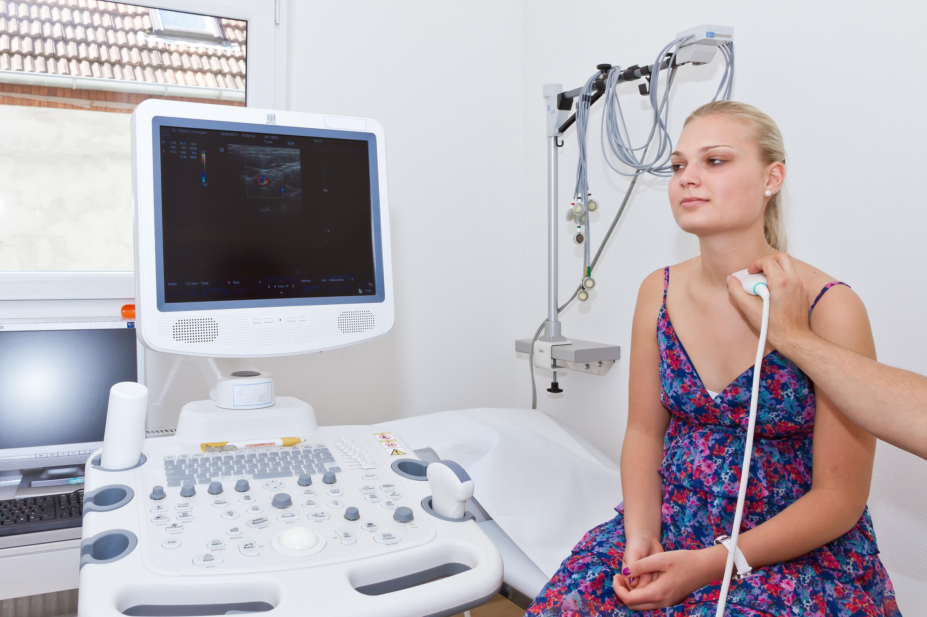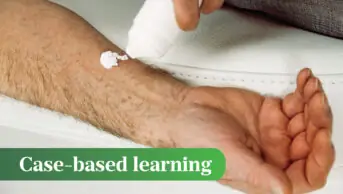
Source: Jürgen Fälchle / Alamy Stock Photo
Guidance suggesting that most adults with sub-clinical hypothyroidism (SCH) do not require hormone treatment could lead to some patients missing out on vital treatment, two clinical bodies have warned.
As part of
The BMJ’s ‘Rapid Recommendations’ initiative, a panel of patients, clinicians and methodologists concluded that thyroid hormones should not be prescribed to adults with SCH after a systematic review showed that hormone treatment did not improve quality of life or symptoms.
The recommendations, published on 14 May 2019, said that clinicians should instead monitor the progression or resolution of the thyroid dysfunction in these patients.
However, the Society for Endocrinology and the British Thyroid Association have disagreed, saying that the panel did not provide sufficient evidence to support its claim.
“Due to over-extrapolation from available data, most of which is from older patients with milder symptoms or from small-scale studies, the conclusions drawn are not justified,” they said in a joint statement on 29 May 2019.
“The Society for Endocrinology and British Thyroid Association are concerned that these recommendations could influence primary care physicians to dismiss patients with SCH, particularly younger ones, which could lead to some missing out on vital treatment if their condition progresses.”
The joint statement added that larger studies, using more sensitive measures and taking factors such as age and genetics into consideration, were needed before drawing such strong conclusions on the benefits or disadvantages of SCH treatment.
Peter Taylor, clinical senior lecturer and consultant endocrinologist at Cardiff University, commented: “It is difficult to justify denying treatment to patients with fairly advanced degrees of SCH (thyroid-stimulating hormone levels of 10–20 mU/L), as recommended by these guidelines.
“Many of such patients will have intrinsic thyroid disease and withholding treatment puts them at risk of disease complications.”
SCH, which is the result of reduced activity of the thyroid gland, affects up to 20% of the adult population but around one third of patients experience no symptoms.


